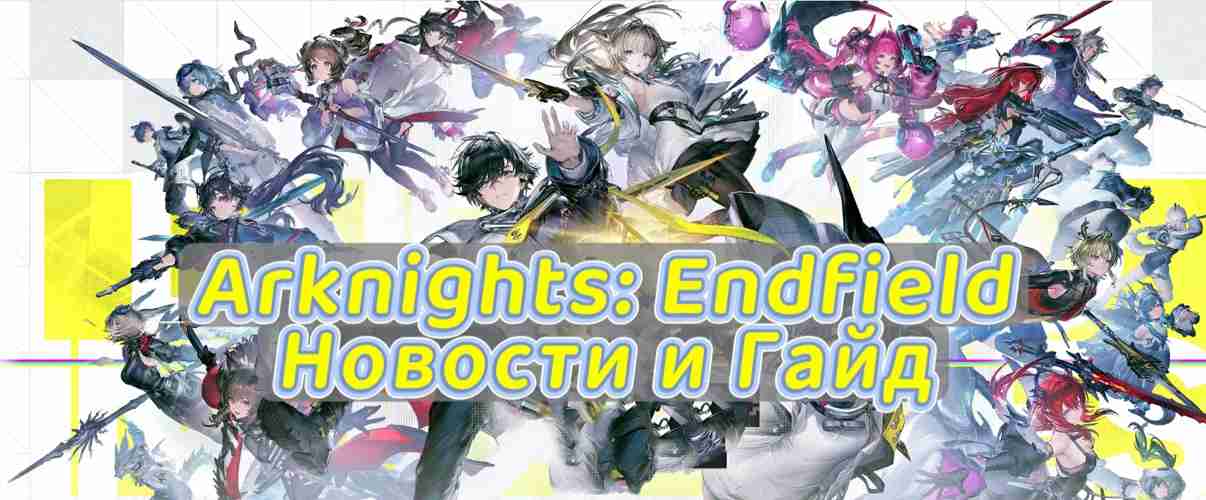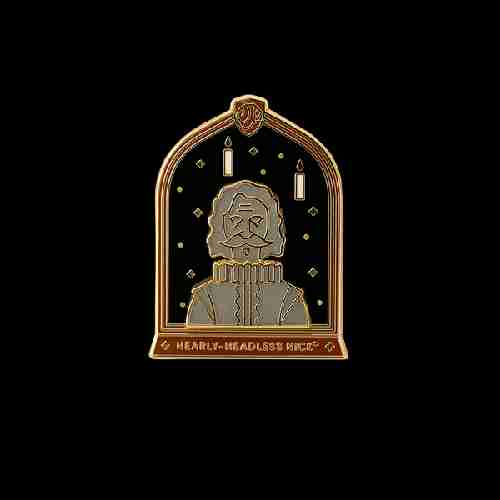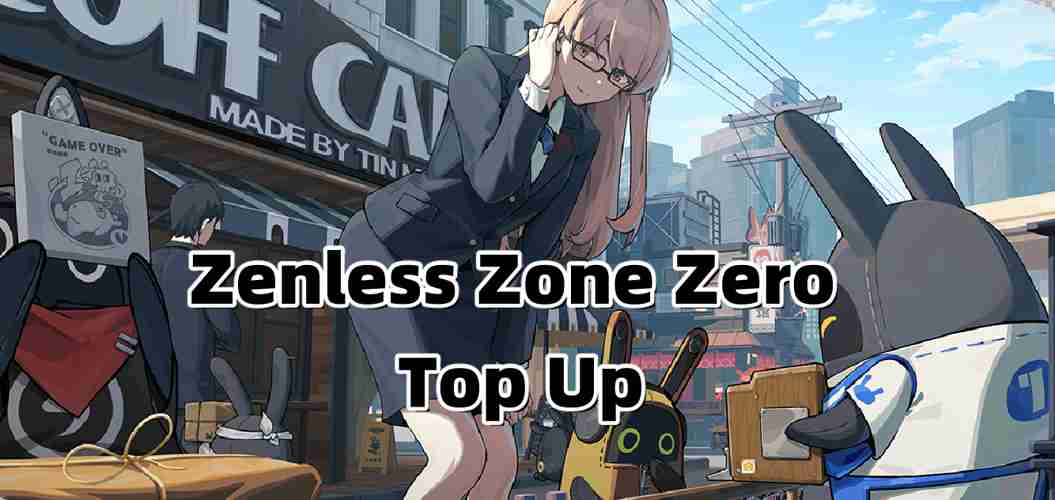Netflix is a popular streaming platform used for watching a wide variety of TV dramas and films. Netflix unblocked(https://www.safeshellvpn.com/b....log/netflix-unblocke ) refers to the process of gaining access to content that is normally restricted or unavailable in certain regions, often through tools like VPNs, proxy servers, or Smart DNS services, enabling users to enjoy a broader selection of shows and movies.
Why Opt for SafeShell to Access Netflix Unblocked
If people wa









